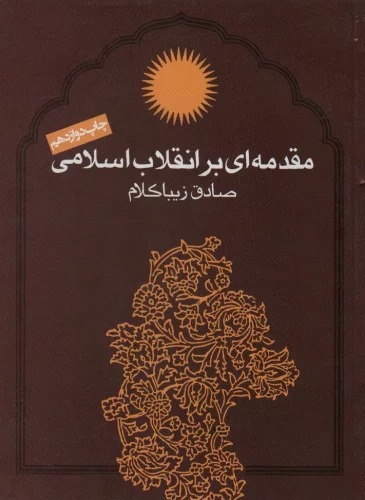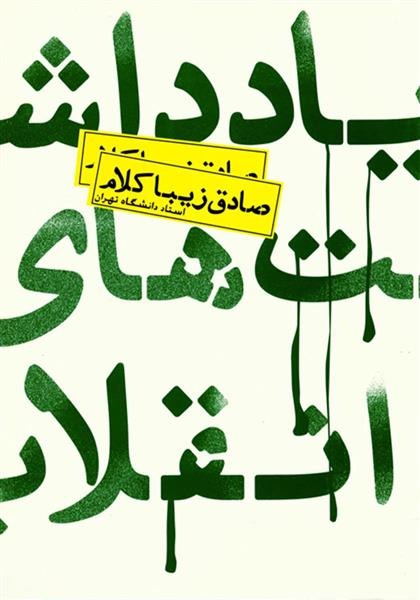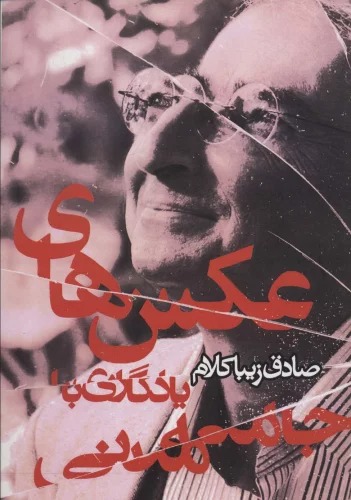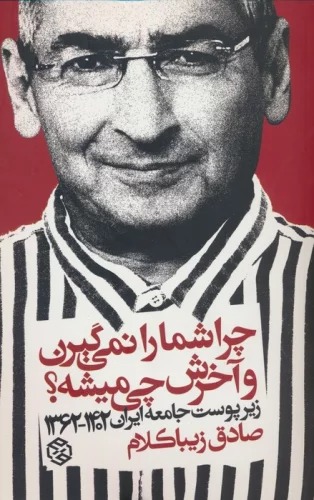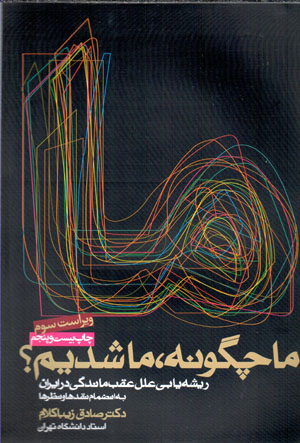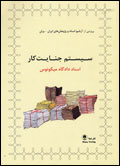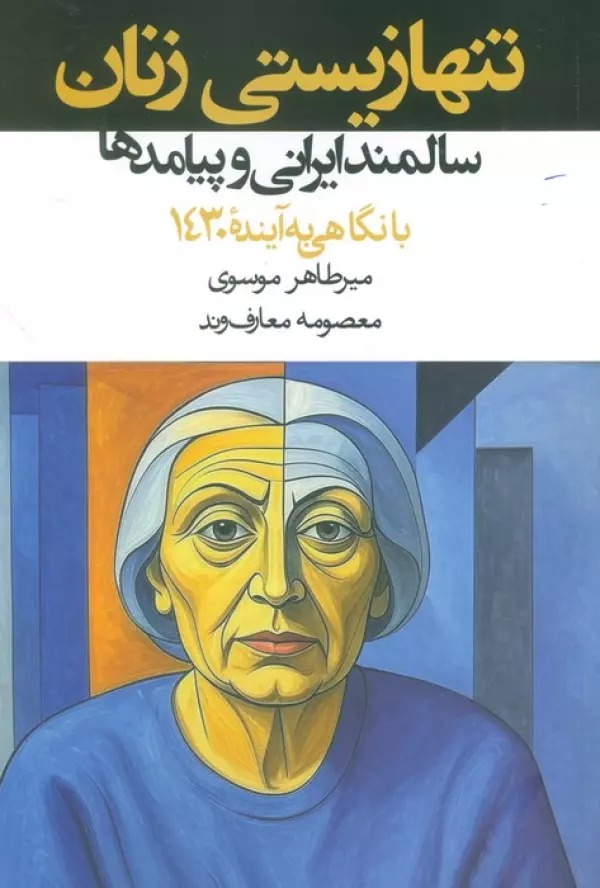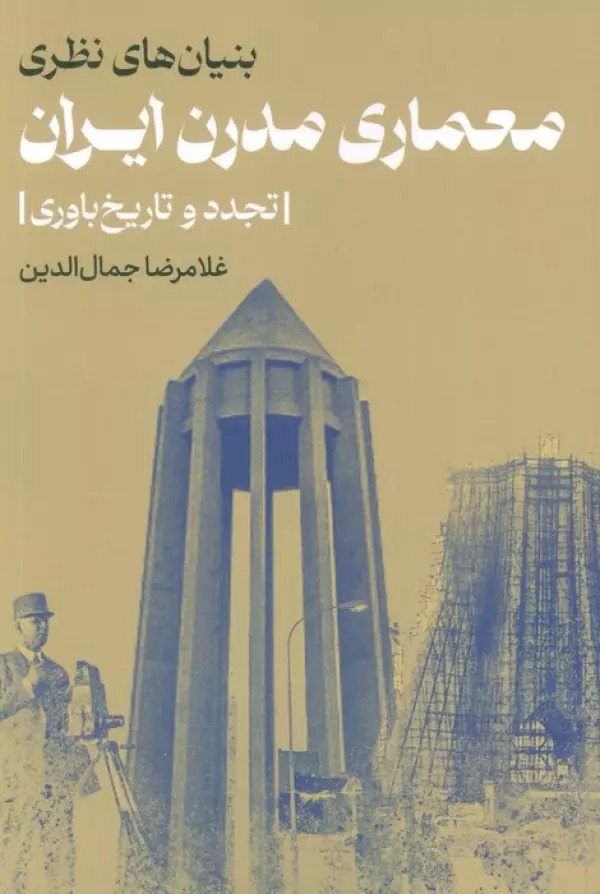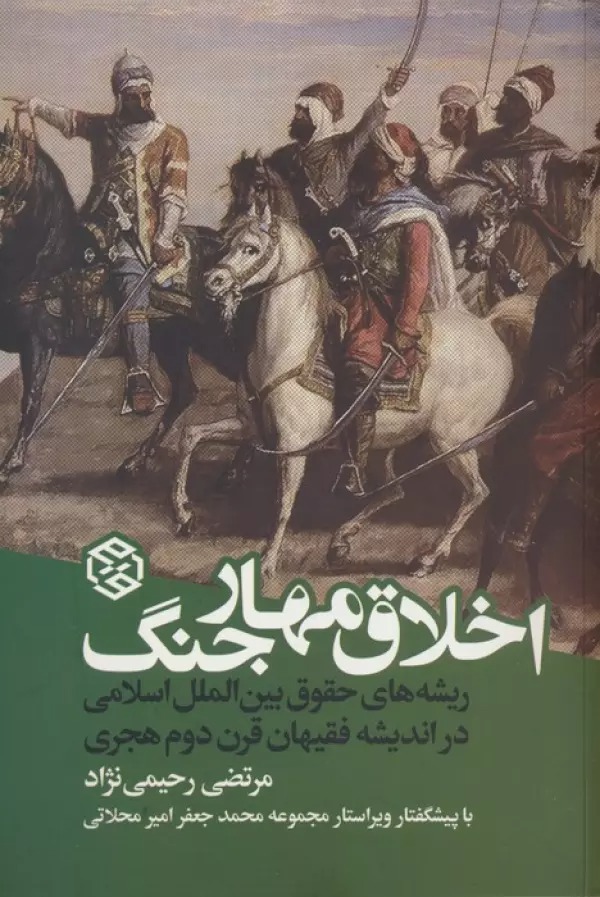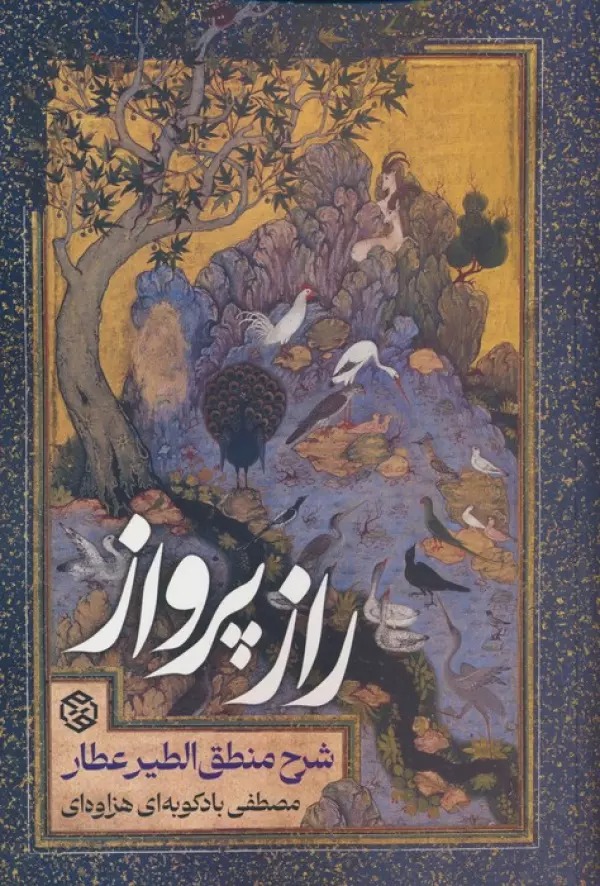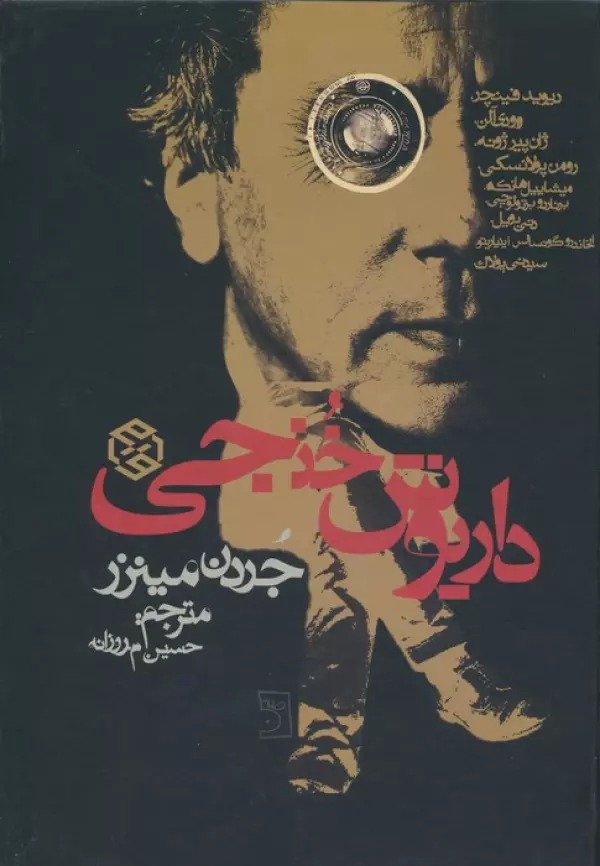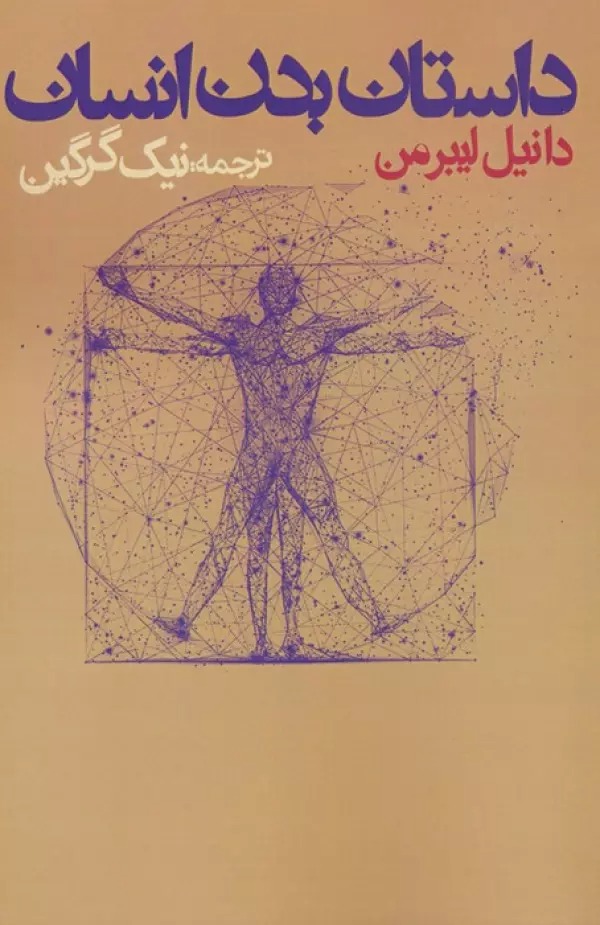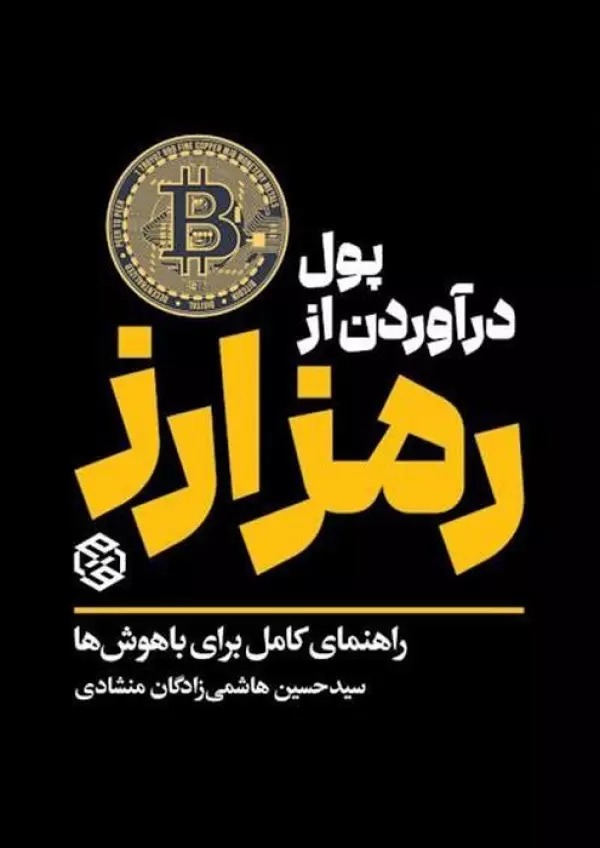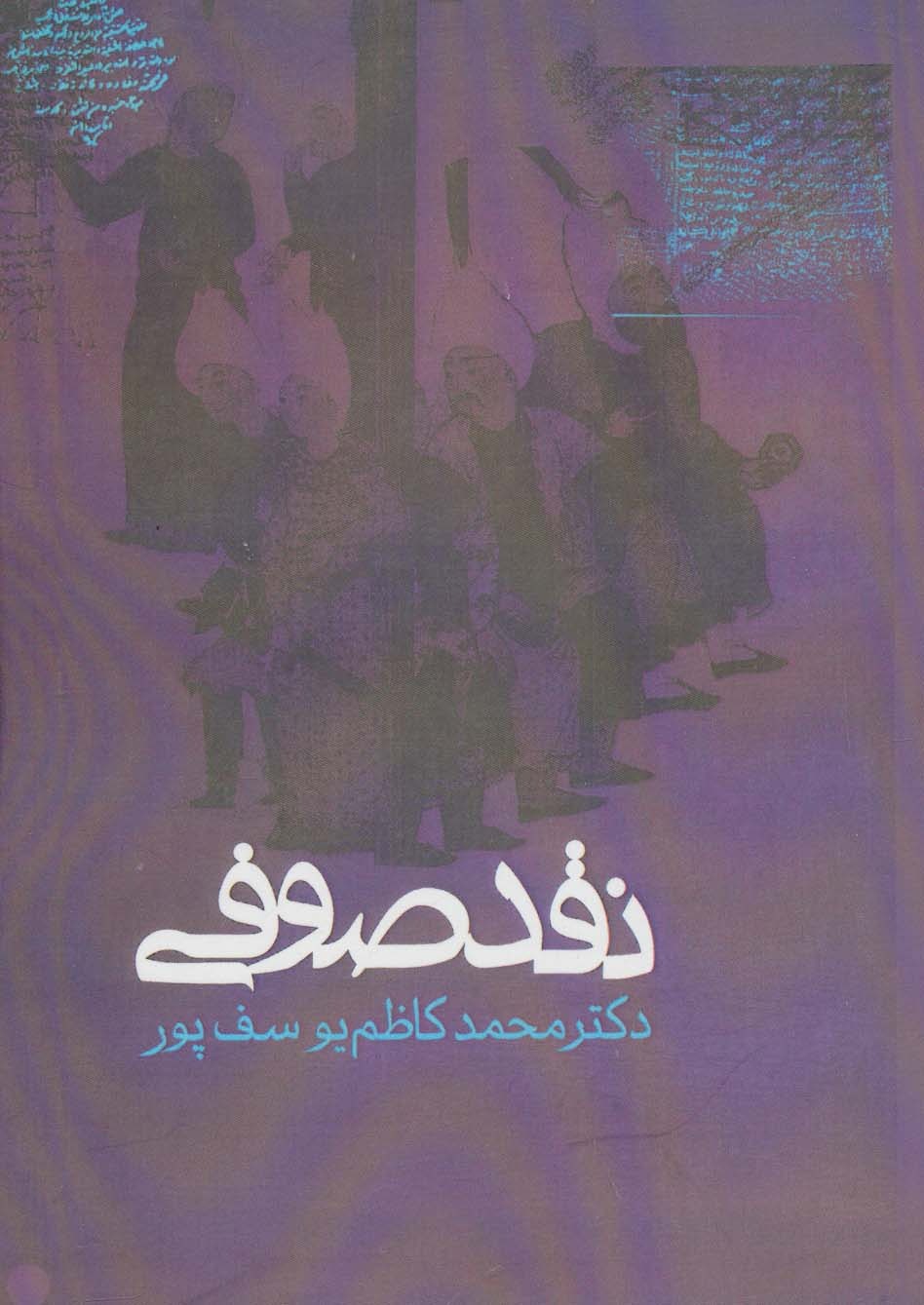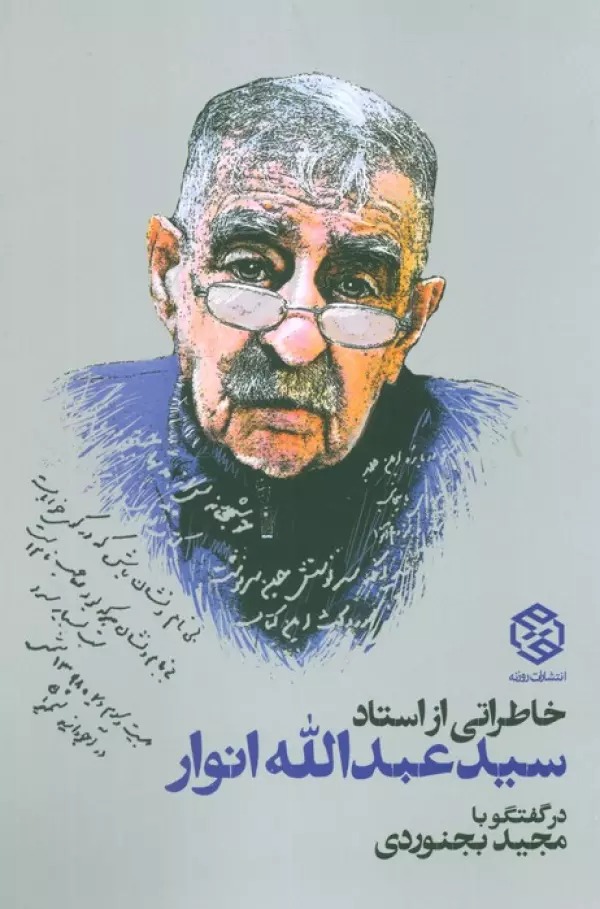Muqaddamah'ī bar Inqilāb-i Islāmī: Persiska (Farsi) 1396
مقدمه ای بر انقلاب اسلامی
16,69 £
Dela
Wishlist
An Introduction to the Islamic Revolution examines the Islamic Revolution and the conditions that led to this revolution. However, most of the books and works that have been published about the Islamic Revolution of Iran can be summarized as an indictment against the regime of Mohammad Reza Pahlavi. The former king is accused of implementing policies at the behest of his foreign masters (the Americans and the British) during his 37-year reign, which destroyed agriculture, and industry, and prevented the country from progressing. At the same time, the Westerners were stealing the country's rich resources, including our oil. On the other hand, the cultural policies of that regime were aimed at fighting Islam and negating the national and authentic culture of the Iranian people and instead promoted Western culture and cultural dependence on foreigners. Of course, America, which was worried about the loss of its interests in the region, supported the Shah until the end during the Islamic Revolution, but despite all the massacres, planning the coup, and other actions of the Shah and the Americans, the revolution won.
This book pours cold water on many of the above ideas.
The book, an introduction to the Islamic Revolution, shows that the former Shah was not a mere pawn and servant of foreign powers, including the United States and England, nor were the policies he implemented dictated by London and Washington. Although it is hard for us to accept it. By the way, he had a degree of independence. He neither had any particular enmity with Islam nor did he seek to destroy Islam in Iran. The most important thing here is his relationship with Westerners especially with America. The book shows that neither the opinion that the Americans supported the former king during the revolution and until the end is correct, nor the opposite that is promoted by the supporters of the Pahlavi regime and the opponents of the revolution. In this book, Ziba Kalam has undoubtedly questioned many of the established beliefs about the regime of the former Shah and how the Islamic Revolution was formed.
more
مقدمهای بر انقلاب اسلامی به بررسی انقلاب اسلامی و شرایطی که منجر به این انقلاب شد میپردازد. بااینحال اکثر کتب و آثاری که پیرامون انقلاب اسلامی ایران تاکنون انتشار یافته را میتوان کیفرخواستی علیه رژیم محمدرضا پهلوی خلاصه نمود. شاه سابق متهم است که در طول 37 سال سلطنتش سیاستهایی را به دستور اربابان خارجیاش (آمریکاییها وانگلیسیها) به اجرا در میآورد که باعث نابودی کشاورزی، صنعت و جلوگیری از پیشرفت کشور میشود. ضمن آنکه غربیها منابع غنی کشور ازجمله نفت ما را به تاراج میبردند. از سویی دیگر، سیاستهای فرهنگی آن رژیم در جهت مبارزه با اسلام و نفی فرهنگ ملی و اصیل مردم ایران بود و در عوض فرهنگ غربی و وابستگی فرهنگی به بیگانگان را ترویج میکرد. بالطبع آمریکا که نگران ازدسترفتن منافعاش در منطقه بوده در جریان انقلاب اسلامی هم تا به آخر از شاه حمایت میکند اما علیرغم همهی کشتوکشتارها و طراحی کودتا و سایر اقدامات شاه و آمریکاییها انقلاب پیروز میشود.
این کتاب آب سردی بر روی بسیاری از پندارهای بالا میریزد.
کتاب مقدمهای بر انقلاب اسلامی نشان میدهد: شاه سابق نه یک مهره و کارگذار صرف قدرتهای خارجی، ازجمله آمریکا و انگلستان بود و نه سیاستهایی که به اجرا میگذاشت دیکتهشده از سوی لندن و واشنگتن بود. اگرچه پذیرش آن برای ما سخت است. او اتفاقا از یک درجهای از استقلال برخوردار بوده. او نه با اسلام دشمنی خاصی داشت و نه بهدنبال ازبینبردن اسلام در ایران بود. مهمتر از همه اینجا رابطهی او با غربیها و مشخصا با آمریکا میباشد. کتاب نشان میدهد که نه این نظر که آمریکاییها در دوران انقلاب و تا به آخر از شاه سابق پشتیبانی میکردند درست است و نه عکس آن که از جانب طرفداران رژیم پهلوی و مخالفین انقلاب ترویج میشود. زیباکلام در این کتاب بدون تردید بسیاری از باورهای جاافتاده درخصوص رژیم شاه سابق و چگونگی تکوین انقلاب اسلامی را زیر سؤال برده است.
more

